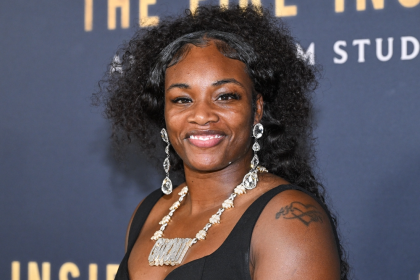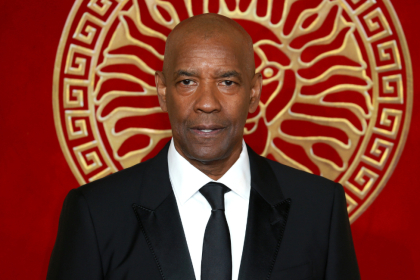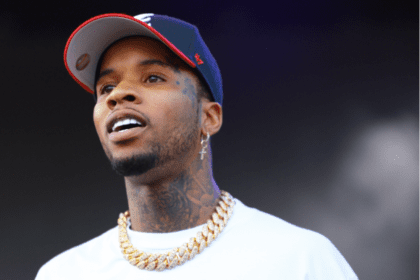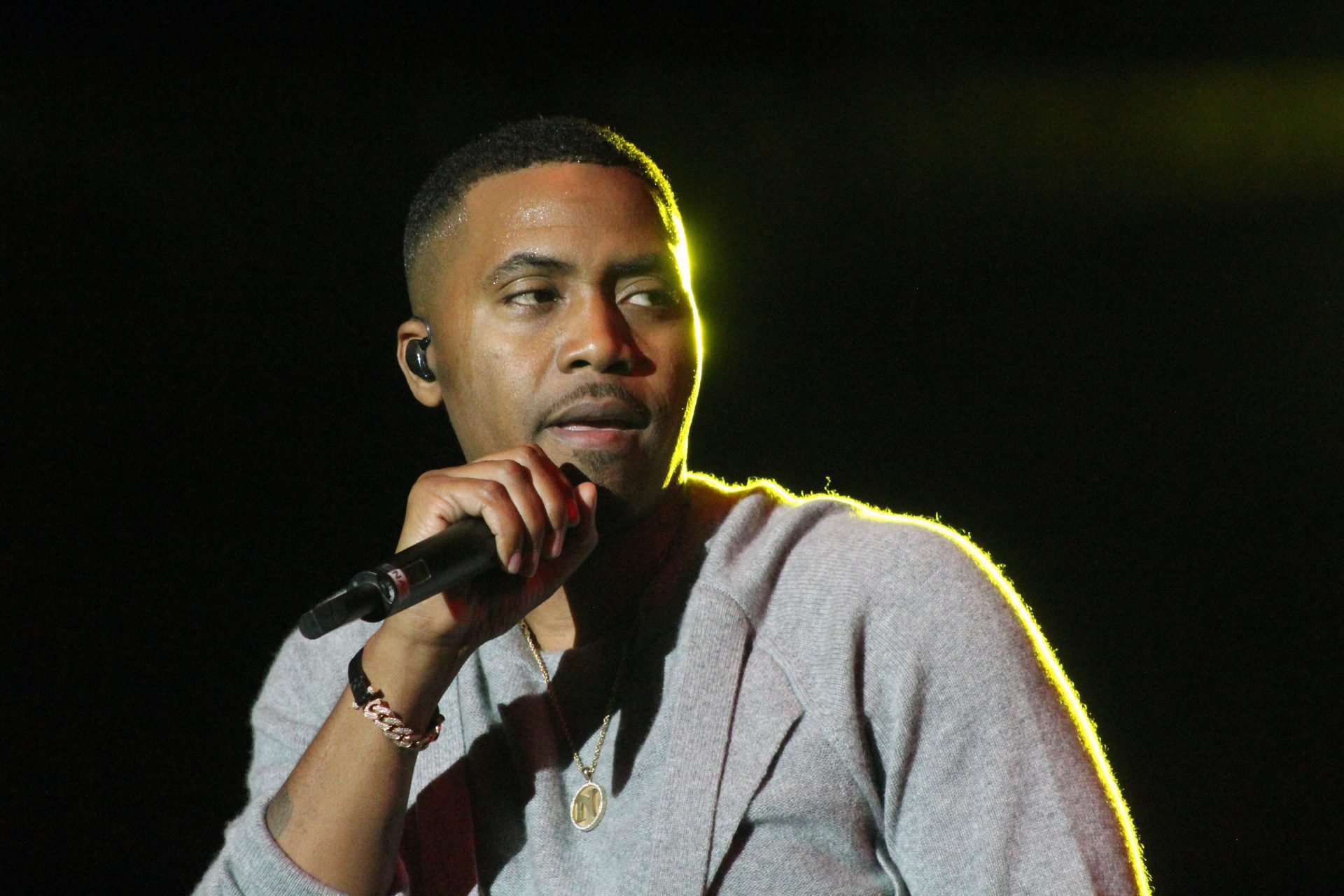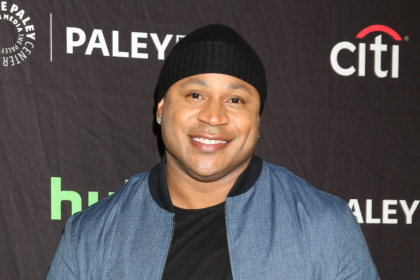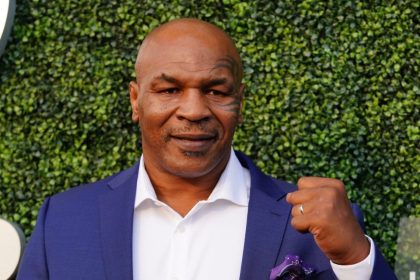
On a breezy summer night in Montreal, the air crackled with something far cooler than jazz clichés. Under the ornate ceiling of the Maison symphonique, an unlikely king took the stage. Clad in a black tuxedo and armed with just one mic, Nasir Jones—better known as Nas—redefined what a night at the symphony could be. He wasn’t alone. Behind him: a full orchestra, strings shimmering, woodwinds whispering, and a huge upright bass. On the side, a DJ spun nostalgia and a drummer kept the pulse of Queensbridge alive. This was hip-hop at its most regal, and Nas wore the crown without flex or fanfare.
The night kicked off with a symphonic ode to Illmatic, the 1994 masterpiece that didn’t just define an era — it canonized one. Conducted by the energetic and precise Troy Quinn, the orchestra threaded through the album’s DNA with reverence and flair. Tracks like “N.Y. State of Mind” and “The World Is Yours” found new emotional weight swaddled in strings and timpanis. Yet it wasn’t about washing hip-hop in tuxedo respectability—it was about elevation. Translation. As if saying, Illmatic always belonged here. Y’all just took a minute to catch up.
And Montreal? It caught up fast. The crowd — every row packed and balconies buzzing — was locked in. Nas scanned the rafters mid-performance, grinning, “I see you up top!” He wasn’t just performing to the audience; he was with them. That was the secret sauce of this Nas show.
“If I Ruled the World” arrived like a benediction. No Lauryn Hill on stage, but her voice floated through the concert hall like incense. You could almost feel the collective exhale of the crowd, swaying under the spell of one of the most visionary collabs in hip-hop history. In that moment, hip hop wasn’t just being respected—it was being worshipped.
Later, Nas shifted gears, setting the symphony aside for a tighter, more streetwise setup—just DJ, drums, and a piano. This was familiar terrain, but still potent. The God’s Son-era tracks got their shine, especially “I Can,” which inspired one of the night’s most touching sights: a young father and his son, side by side, mouthing every lyric. A generational baton pass, subtle but powerful—hip-hop as heritage.
Though critics have long parsed his post-Illmatic catalog with a jeweler’s scrutiny, Nas proved that longevity isn’t about chasing trends. It’s about owning your evolution. At 50, with three decades behind the mic, his presence is undiminished—smooth but sharp, thoughtful but unrelenting. He remains, undeniably, the poet laureate of the concrete jungle.
In true OG fashion, Nas also took a moment to shout out another legend—Slick Rick—whose new album Victory dropped last week, with Nas himself featured. It was a passing of a torch back and forth between icons who never really stopped holding it.
For this hip-hop loving American in Montreal, it was a moment of pride—of witness. To see Nas not just rhyme but resonate with an international crowd, backed by classical instrumentation no less, was a reminder of what the genre has always claimed: hip-hop isn’t a moment. It’s a movement. And movements move.
As the final applause faded and the lights began to swell, Nas smiled. He only needed one mic. And with it, he turned a concert hall into a cipher, a cathedral, a celebration. Montreal came to listen—and left feeling.
I would raise a glass of bourbon to toast the performance… if I could find it in Canada.
all media credit: Cara Everett



